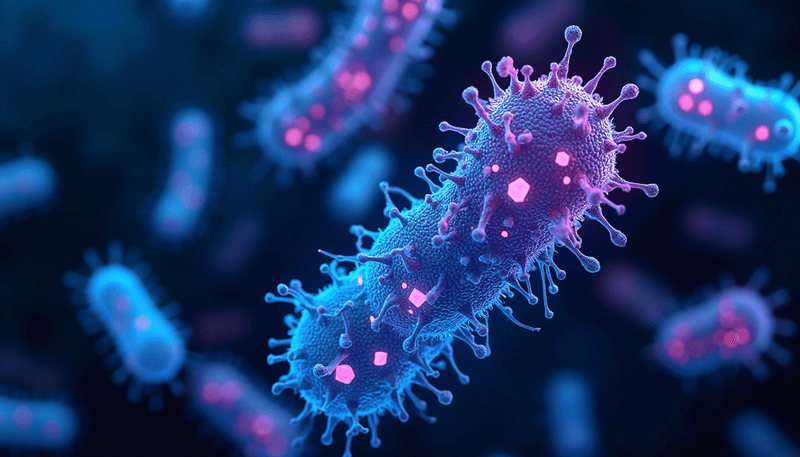Gut Health May Ease Menopause Troubles

The tiny organisms living in your gut might hold the key to easier menopause transitions. Recent scientific findings reveal an unexpected connection between the microbes in our digestive system and the various changes women experience during menopause. A comprehensive review of current research on probiotics and prebiotics in menopause suggests that supporting our gut health could offer relief from multiple menopause-related challenges.
The Hidden Power of Your Gut During Menopause
Think of your gut as a bustling city where trillions of tiny residents (bacteria) work together to keep everything running smoothly. During menopause, this city undergoes significant changes as estrogen levels decline. The reduction in estrogen affects not just your gut bacteria composition but also how these bacteria function and interact with your body.
Have you ever noticed how your digestive system seems different since entering menopause?
When the balance of gut bacteria shifts during menopause, it can trigger a cascade of effects throughout your body. The good news? We can actively support our gut health through specific strategies.
Bone Health: Your Gut's Surprising Role
One of the most striking discoveries is how gut bacteria influence bone health. Your intestinal microbes play a crucial role in calcium absorption and bone density maintenance. Studies show that certain probiotic strains, particularly Lactobacillus helveticus and Lactobacillus reuteri, can help improve calcium absorption and potentially slow bone density loss.
Here's how you can apply this knowledge:
- Include fermented dairy products in your diet
- Consider probiotic supplements containing Lactobacillus strains
- Pair calcium-rich foods with probiotic foods for better absorption
Did you know that yogurt with specific probiotic strains could help maintain your bone strength?
Weight Management Through Gut Balance
The research reveals a fascinating connection between menopause-related weight changes and gut bacteria composition. Women with a healthy gut bacterial balance tend to have better weight management during menopause.
Practical steps to maintain a healthy gut for weight management:
- Eat a variety of fiber-rich foods
- Include both probiotic and prebiotic foods in your diet
- Stay hydrated
- Limit processed foods that can disrupt gut bacteria
What small changes in your diet could you make today to support your gut health?
Heart Health and Your Microbiome
The connection between gut health and cardiovascular wellness becomes particularly important during menopause. Research shows that certain probiotic strains can help manage cholesterol levels and reduce inflammation markers.
Simple ways to support your heart through gut health:
- Choose foods rich in both probiotics and heart-healthy fats
- Include fermented vegetables in your meals
- Consider supplementing with specific probiotic strains known to support heart health
Your daily choices matter more than you might think. A woman I worked with, Sarah, started incorporating kimchi and sauerkraut into her meals and noticed improvements in both her digestion and energy levels within weeks.
Which of these gut-healthy habits feels most doable for you to start with?
The science behind gut health and menopause continues to evolve, but one thing is clear: supporting your gut microbiome can have wide-ranging benefits during this life transition. Start small with one change, like adding a serving of yogurt to your breakfast, and build from there.
Ready to take the first step? Choose one gut-healthy food to add to your shopping list this week. Your body - and your gut bacteria - will thank you for it.
Remember to consult with your healthcare provider before starting any new supplement regimen, as individual needs can vary.

Dr. Marcus Anthony Bennett
Dr. Marcus Bennett is a Seattle-based freelance medical writer and consultant specializing in mid-aged women's health. With a background in internal medicine and over a decade of experience in preventive care, he is dedicated to making complex health topics accessible. Dr. Bennett completed his MD at Johns Hopkins School of Medicine and residency at the University of Washington. His empathetic and evidence-based approach combines traditional medical expertise with a focus on health disparities, often incorporating practical lifestyle advice. Known for his clear, engaging communication, Dr. Bennett provides actionable insights to empower his audience.







